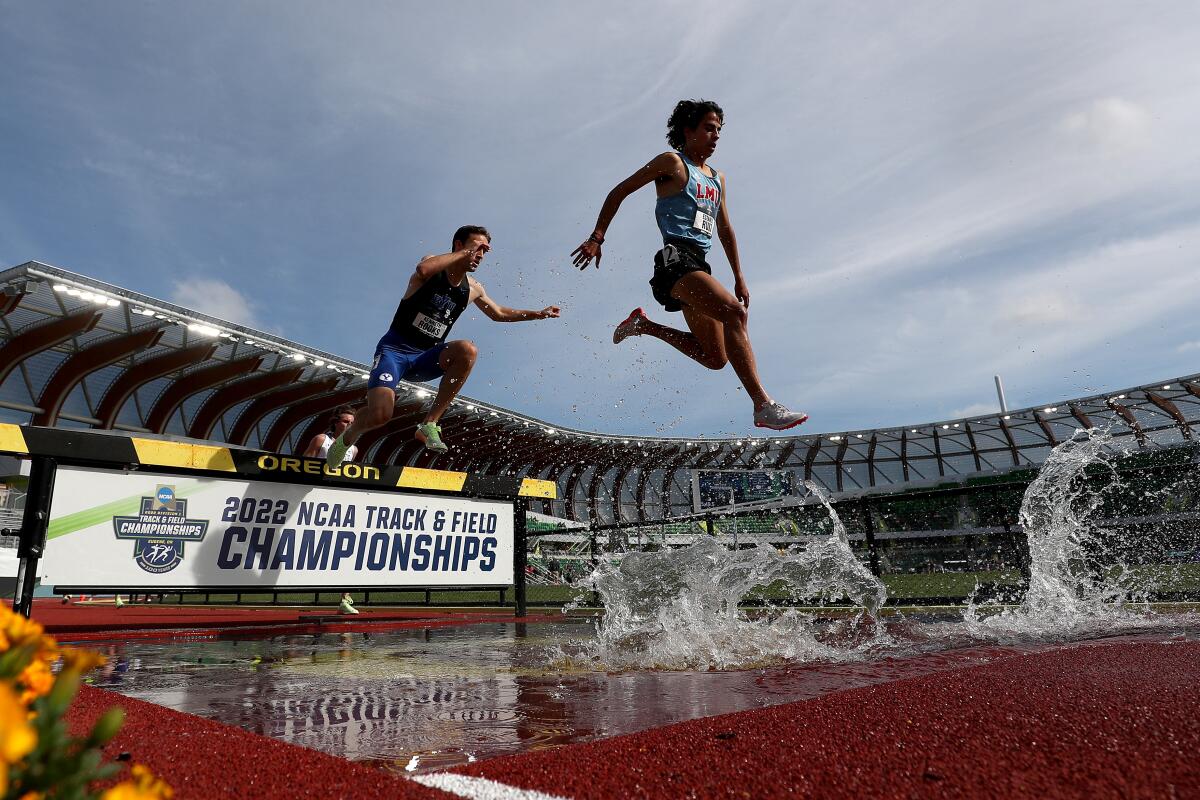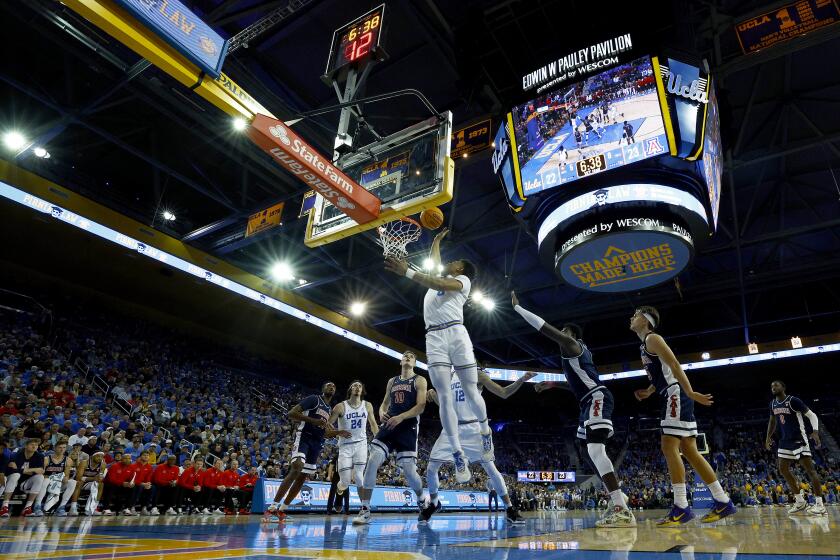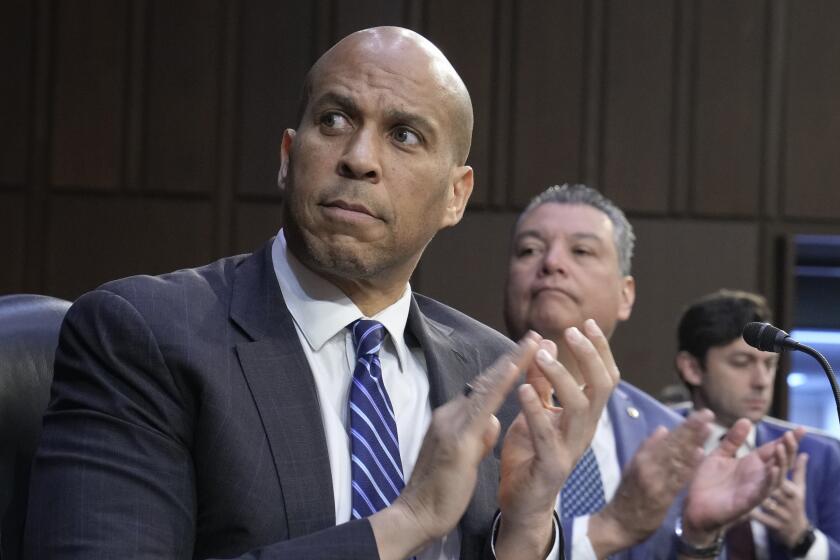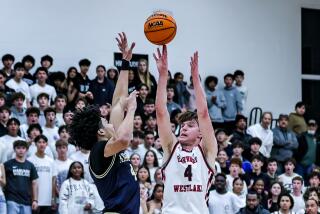Loyola Marymount to cut 6 sports. These are the teams affected

- Share via
In an effort to “adapt to the quickly changing NCAA landscape,” Loyola Marymount University has announced that it will be eliminating six athletic programs at the end of the 2023-24 season due to new rules regarding name, image and likeness and “pending rulings on student-athletes as employees”
The Los Angeles Jesuit university is dropping three men’s teams (rowing, cross-country and track and field) and three women’s teams (rowing, swimming and track and field). The decision will affect approximately 115 student-athletes as well as five full-time and two part-time coaches, LMU said on its website.
“Our goal is to provide the best student-athlete experience possible, and we are better positioned to achieve our objectives when we concentrate our finite resources on fewer programs,” LMU athletic director Craig Pintens wrote in a letter posted Tuesday on the school’s website.
Pintens launched a sweeping evaluation of LMU’s sports program last fall and made his decision to drop the number of school teams from 20 to the NCAA minimum of 14, with the endorsement of university President Timothy Law Snyder. A report based on that study was posted online Tuesday.
In an email responding to questions from The Times, Pintens said the study was prompted by “a combination of all the significant changes that have occurred and will be occurring” in NCAA regulations.
UCLA’s athletic department posted a deficit of $36.6 million for the 2023 fiscal year, the fifth straight year the school has run a shortfall stretching into 10 figures.
“We are in a time of exponential and rapid change across intercollegiate athletics, requiring that LMU Athletics also adapt to be competitive and successful in the future,” Pintens wrote. “This was a complex decision that was made after carefully considering various internal and external factors, in consultation with external partners and select university leadership.”
Pintens mentioned that an independent collective was recently formed by LMU boosters to support student athletes. In addition, he said the university has had to hire a new staff member to handle NIL matters, including student-athlete education and the university’s compliance with NCAA rules.
“Schools that do not devote meaningful attention to NIL opportunities, education and compliance may struggle to compete in the future, particularly when taking into account the transfer portal,” Pintens wrote, adding, “We want to be prepared for any direction that NIL may take in future years, including the strong possibility that schools will be able to be involved with NIL within the framework of an institution and athletic department.”
The Lions compete in NCAA Division I non-football and the West Coast Conference. The university said in a news release that it will help affected student-athletes by “honoring their athletic financial aid if they remain at LMU for their undergraduate studies” and offering assistance to those who decide to transfer to compete for another school.
Pintens told The Times that the university is not cutting any staff positions in connection with the elimination of specified teams.
LMU swimmer Alena Sharp has started an online petition in an effort to save the soon-to-be-cut programs. As of early Friday evening, the petition had received more than 3,100 signatures.
Three senators proposed a bill to address issues with NCAA athletes’ name, image and likeness that have surfaced since NIL compensation was legalized in 2021.
“Starting a petition isn’t something I would normally do, but I was moved to do so because of the utter devastation that us athletes, who have worked so hard for this opportunity, feel,” Sharp wrote. “I know I’m not alone and together we can make this change happen.”
No matter how many signatures the petition gets, however, it may not help the affected sports. One of the questions listed on the school’s FAQ page about the cuts asks if the decision can be repealed or reversed.
The school’s answer is “No.”
“The LMU athletic director made this decision with the full support of university leadership,” the website reads. “While we acknowledge that this decision is disappointing, the university is confident that this path supports the best interests of our student-athletes and the goals of LMU Athletics.”
More to Read
Go beyond the scoreboard
Get the latest on L.A.'s teams in the daily Sports Report newsletter.
You may occasionally receive promotional content from the Los Angeles Times.













